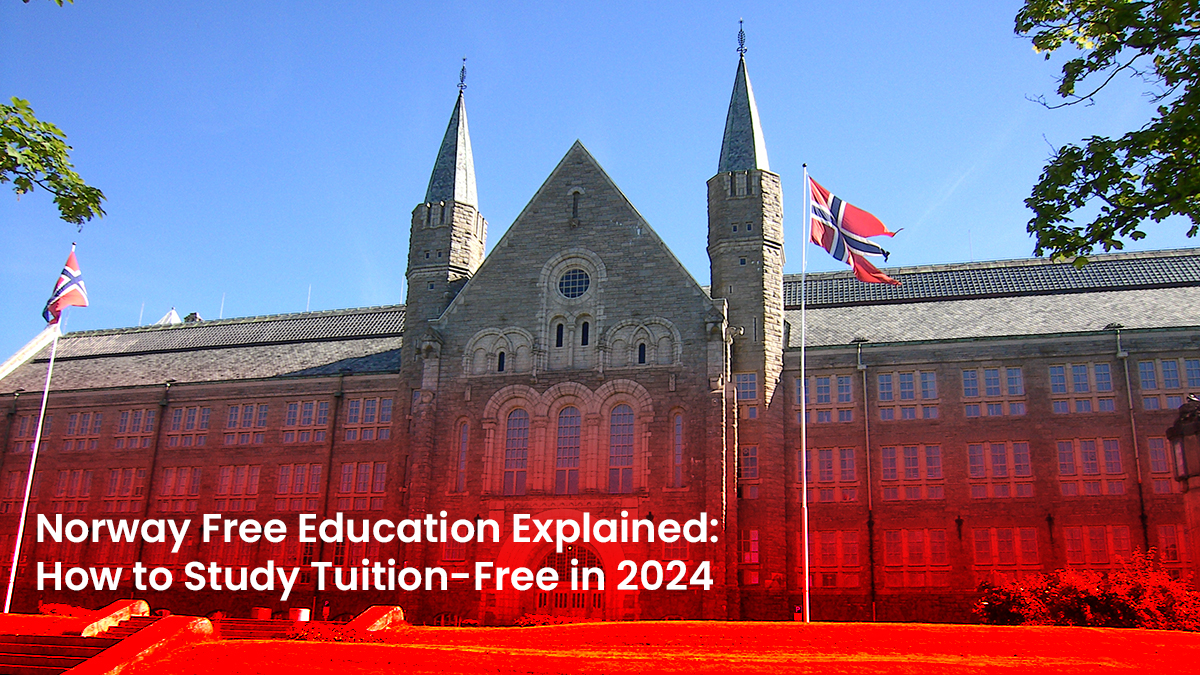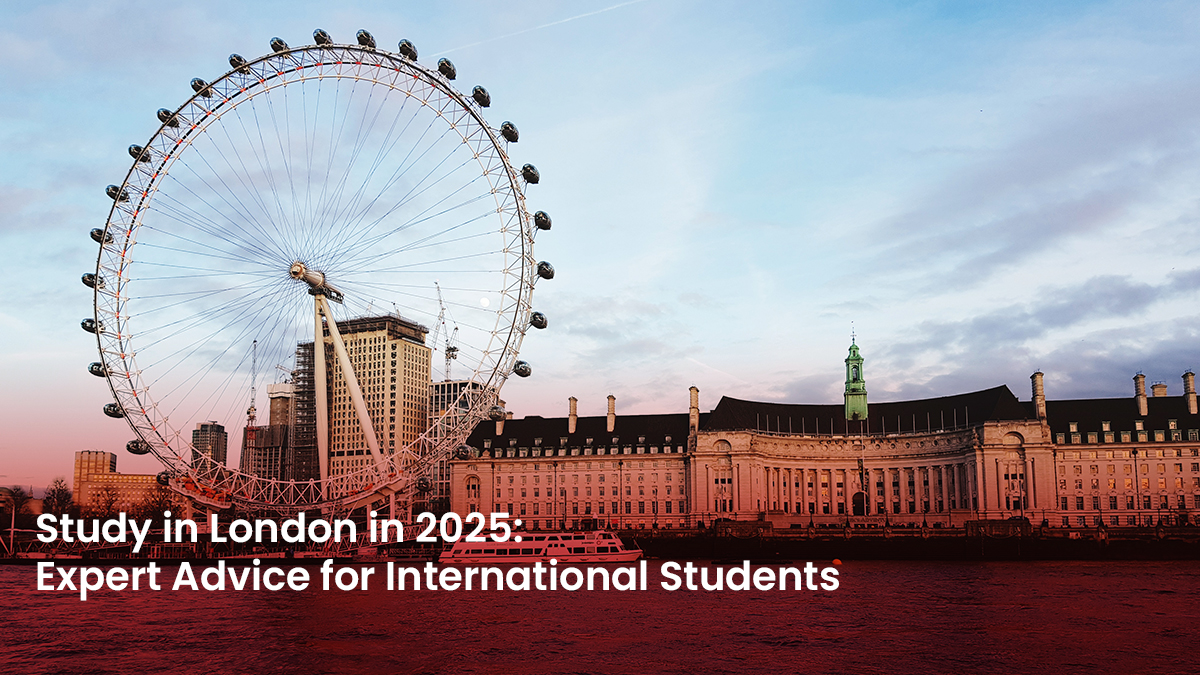New Zealand, a country that has a strong blend of tradition, nature, and modernity, and boasts a relaxed pace of life and friendly people, has one of the highest quality of life in the world. In fact, it ranked 14 in the latest UN Human Development Index, which is higher than Canada, Japan, and France.
When it comes to education, students who have chosen to study in New Zealand are some of the lucky ones. In fact, the country boasts a number of outstanding educational institutions, with 8 universities, ranking in the 2021 QS World University Rankings. In addition, it has one of the best education systems in the world. In fact, according to 2018 The Economist ranking, New Zealand has the third-best education system in the world after Finland and Switzerland.
In 2019, New Zealand welcomed more than 110,000 international students into the country. If you are one of those students planning to study in New Zealand, read on to find out the country’s cost of education and cost of living.
Tuition Fees
Tuition fees in New Zealand are set by the institutions—thus, it may vary depending on the institution, its location, the degree level, and the international student’s chosen program. Due to those factors, tuition fees can become quite pricey in New Zealand. That is why students are encouraged to apply for financial assistance such as scholarships, grants, and so on.
For example, studying for an undergraduate degree may cost students around NZD 22,000 to NZD 32,000 per year. A master’s degree, on the other hand, may cost around NZD 26,000 to NZD 37,000. Of course, courses in medicine and science may also cost more.
International students planning to take a doctoral degree, luckily, will pay the same amount as domestic students. A Ph.D. student may pay around NZD 6,500 to NZD 9,000 per year.
Living Expenses
New Zealand requires international students to show proof that they have the capacity to support themselves while in the country. At the minimum, students are required to show they have at least a budget of NZD 15,000 for one year. However, depending on the location, and the student’s lifestyle, they might need more or this is enough. Below is the approximate cost of each necessity in New Zealand.
| Food | NZD 20.00 |
| Transportation (1-way ticket) | NZD 3.50 |
| Utilities | NZD 184.98 |
| Movies | NZD 16.00 |
| Internet | NZD 82.02 |
| Accommodation (1 bedroom apartment) | NZD 1.250.79 to 1.603.71 |
Financial Assistance, Work and Discounts
There are various ways international students can fund their education and stay in New Zealand, through financial assistance, part-time work, or discounts.
New Zealand offers various scholarship programs for international students, some are offered by the government itself, while others are offered by non-government organizations and educational institutions. Scholarships may be offered for students coming from specific countries, especially from developing countries, or they can also be program-based.
Students can also work in New Zealand, although the salary they get is not enough to fund their education, getting a part-time job is a good way to supplement their daily expenses. International students eligible to work in New Zealand may work up to 20 hours a week, and full-time during holidays. Moreover, a valid student ID and an International Student Identification Card (ISIC) may also qualify them for discounts in many establishments including restaurants, transportation, entertainment, and leisure.
Want to study in New Zealand but don’t know where to start? Check out MSM Unify’s articles about New Zealand to learn more. To start, check out our article on tips to increase your chances of getting a scholarship abroad.












